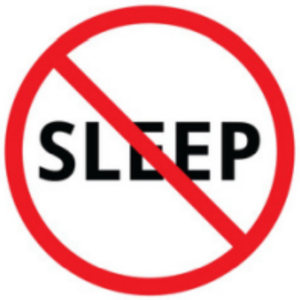
A new review published in Behavioral Sleep Medicine addressed the potential for cognitive behavioral therapy (CBT) to combat sleep disturbances in community-dwelling older adults with depression and anxiety. For their analysis, the review authors conducted a systematic database search to identify relevant studies. They found 11 studies that supported the notion that CBT reduces sleep disturbances in the relevant population of patients, highlighting the potential value of this intervention in the context of sleep disturbances in depressed and anxious older adults.
As the authors note, most of the studies included in the review used CBT specifically to target sleep, which makes it difficult to determine whether general forms of CBT for depression and anxiety would also be effective in improving sleep. It could be the case that CBT interventions must be customized to address sleep to reduce sleep disturbances. Though more research is needed to determine what specific role CBT may be able to play to overcome sleep problems in older adults with depression and anxiety, the existing data suggest that CBT can – in one form or another – be used to combat this important health-related challenge.
Reference
Bentham, C. et al. . The Impact of Cognitive-Behavioral Interventions on Sleep Disturbance in Depressed and Anxious Community-dwelling Older Adults: A Systematic Review. Behavioral sleep medicine. Published online 2021. doi:10.1080/15402002.2021.1933488
